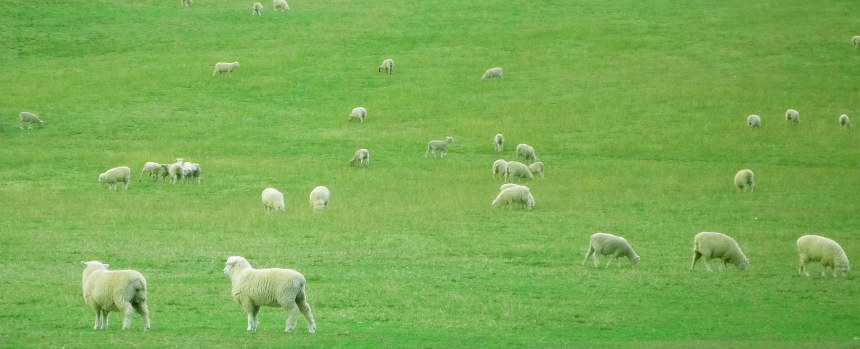
Food
The conventional food in supermarkets has a devastating effect on the environment. It is a major contributor to the rising carbon dioxide levels because it requires huge amounts of energy at all stages of production. Equally concerning is the direct damage to the environment by heavy use of chemical pesticides, artificial fertilisers, a focus on monoculture and intensive tillage which are responsible for contamination of groundwater, chemical leaching, soil erosion, land degradation and loss of biodiversity. Lastly, the conventionally grown/produced food often travels long distances before reaching the end consumer. Sustainable living therefore also bases on consumption of more sustainable food such as:
-
Locally produced food. Buying locally produced food reduces CO2 emissions because it reduces transportation distance, while smaller farms typically also use less environmentally damaging production methods. Lastly, buying locally produced food stimulates the local economy.
-
Eating seasonally. Eating seasonally isn’t only healthier because seasonal foods are fresher and subsequently higher in vitamins, minerals and other essential nutrients. Eating seasonally is also more environmentally friendly because it reduces the need for energy consuming greenhouses, long distance transportation and application of various chemicals to preserve the food before reaching the end consumer.
-
Reducing meat consumption. Most meat products in supermarkets come from factory farms. Animals raised in these farms are often living in inhumane conditions which according to many nutritionists also affect the quality of meat. In addition, intensive animal farming practices require huge amounts of food, water, energy and various chemicals in order to prevent diseases among the seriously overcrowded animals. Reduction of meat consumption is therefore one of the integral parts of sustainable lifestyle.
-
Buy organic. Even better than to reduce consumption of the conventionally produced food is to replace it completely with organic food. The latter is produced without the use of environmentally damaging chemicals and promotes rather than diminishes biodiversity. Be sure, however, to choose certified organic because the labels such as “eco”, “natural” and “bio” don’t mean the product is any environmentally friendlier or healthier.
-
Grow your own food. Why not start a garden? Not only it will provide you with fresh fruits and vegetables but it will also help you save money and make you less dependent from the supermarkets. Most fruits and vegetables can be preserved (freezing, dehydration, bottling, canning, etc.), enabling you to eat your own food throughout the year. Lastly, by growing own food you will also reduce the use of hazardous chemicals and both food production and transportation related CO2 emissions.